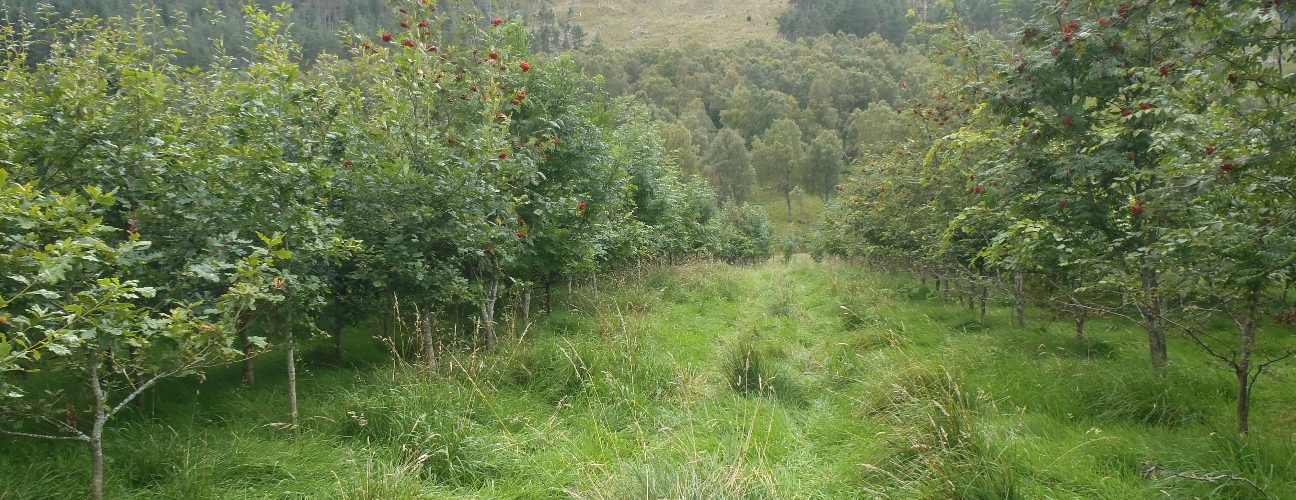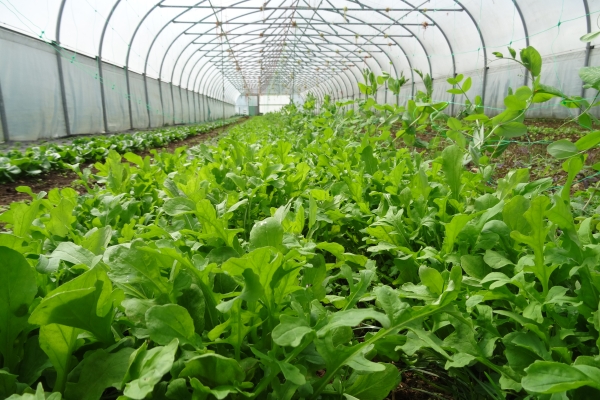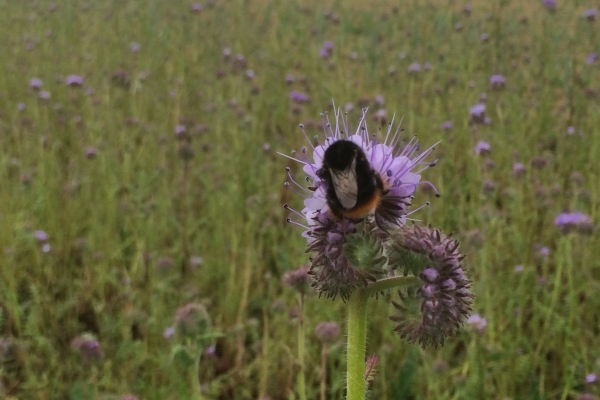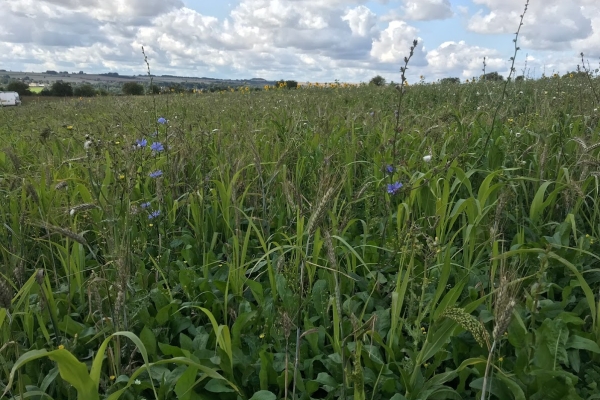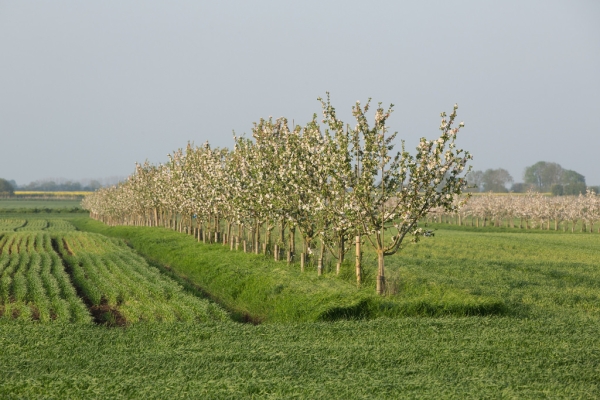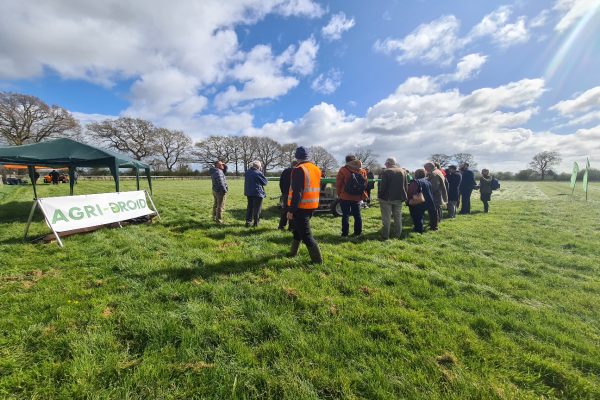Climate-Friendly Practices on Your Farm – A Practical Manual
Strategies for organic and low-input farming to mitigate and adapt to climate change (SOLMACC) project Practitioner’s Manual
Resource explained
Between 2013-2018, the EU-funded SOLMACC (Strategies for Organic- and Low-input-farming to Mitigate and Adapt to Climate Change) project demonstrated on 12 farms in Italy, Germany, and Sweden that climate-friendly and resilient farming is possible and can provide valuable ecosystem services. The project focused on four strategies:
1. Optimised on-farm nutrient management
2. Crop rotations
3. Tillage management
4. Agroforestry
The Practitioner’s Manual uses these farms as case studies, evaluating the strategies on each farm to reduce greenhouse gas (GHG) emissions for their climate change mitigation and adaptation potential, as well as their socio-economic and technical feasibility and associated co-benefits. It also gives more detail of innovations that have been successful on each farm.
Findings & recommendations
- Many different options exist to reduce GHG emissions at the farm-level. Factors to consider relate to farm structure, production systems, soil types, local climate and financial capacities of the farmers.
- Successful nutrient management strategies included:
- Composting farm manures/green residues
- Biogas (on-farm/or in cooperation with other farms) and use of residues
- Out-wintering cattle
- Using cover crops to make better use of nutrients from chicken manure
- Successful strategies for optimising crop rotations included:
- Increased use of grain and forage legumes
- Leguminous green manures
- Legume intercropping
- Successful strategies for optimising tillage management included:
- Reducing tillage depth
- Replacing cultivations with permanent cover crops (fruit alleys)
- Stopping ploughing
- Undersowing
- Simultaneous sowing of winter and spring cereals in spring
- Agroforestry strategies included:
- Woods and hedge-planting
- Alley cropping
- Riparian tree belts
- Windbreaks
- Silvopasture
- It is possible to move towards holistic farming systems that integrate climate change mitigation. Adaptation benefits help farmers to stabilise or even increase crop yields while protecting valuable ecosystem services.
